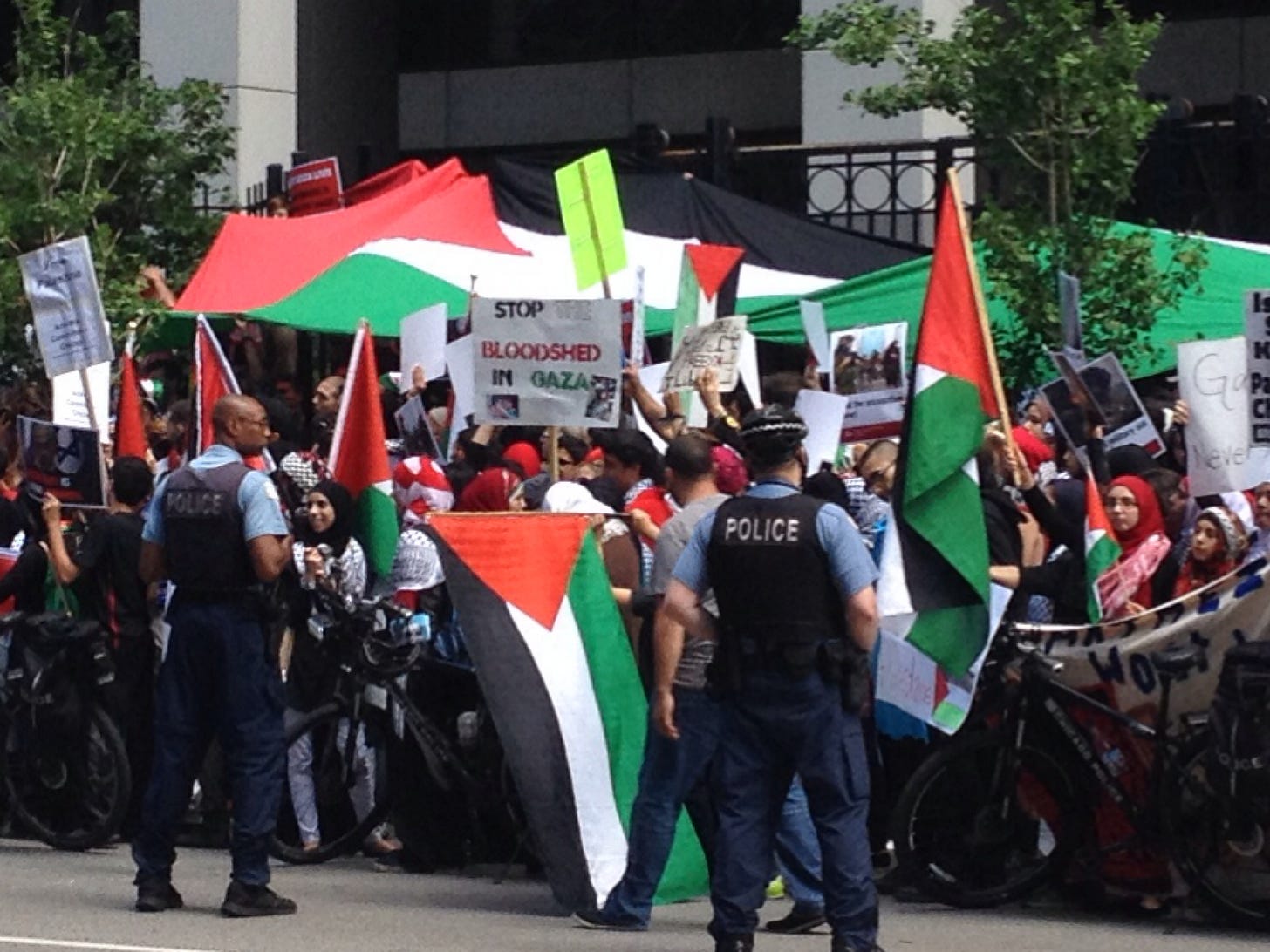The historic election of Zohran Mamdani as New York City’s first Muslim mayor has triggered intense discussions among Palestinians in Gaza because people there disagree about whether his win shows real change in American politics or only brings token progress during wartime destruction. The 34-year-old Democratic socialist Zohran Mamdani won the November 4, 2025, election against former Governor Andrew Cuomo, which created international interest that extended to the war-torn enclave of Gaza.
A Polarized Reception in Gaza
The people of Gaza City expressed different opinions about Mamdani’s victory because the ongoing conflict has destroyed their communities. Taysir Salah from Gaza celebrated the win because it represented a historic achievement. The New Arab reported that Taysir Salah from Gaza celebrated Zohran Mamdani’s victory because he defeated Trump and Zionist lobby threats and all the false accusations made against him. Zohran Mamdani's victory established a historic milestone, as he became the first Muslim of African descent to lead New York as mayor since the 19th century.
Salah explained that Mamdani succeeded because American society underwent a core shift in its collective consciousness. The political achievement of a Muslim Arab person marks the emergence of a new American social awareness that fights against military conflicts and mass killings, according to Salah. The victory marks a defeat for Trump and the increasing right-wing movement in America, according to Salah.
Skepticism Amid the Celebration
The optimism about Mamdani’s victory does not extend to all Gaza residents. Samia al-Araj from Gaza strongly criticized people who focus on Mamdani’s religious background. The New Arab received a statement from Samia al-Araj, who said that Mamdani should not be evaluated based on his religious beliefs. According to her, Mamdani came from a Muslim family, yet his beliefs follow secular liberal principles that differ from Islamic traditions.
The victory failed to deliver substantial change, according to Al-Araj, who compared it to previous letdowns. The world did not experience any significant changes when people placed their hopes in Barack Obama during his 2008 presidential campaign, she observed. The acknowledgment of the Gaza genocide requires only honesty from Mamdani, according to her, because it does not demand bravery.
Gaza’s Impact on Global Politics
Mona Fadel, who lives in Gaza City, found that Mamdani won his election because the war shaped global public perception. The recent Israeli atrocities in Gaza have caused Western people to rethink their stance, according to Fadel, who spoke to The New Arab. Fadel stated that Mamdani joined other brave voices who used American platforms to identify Israeli actions as genocide. Mamdani has maintained his stance that Israeli military actions in Gaza were genocide, while demanding responsibility, which led to significant opposition during his election campaign. The BDS movement received support from Mamdani, which triggered opponents to allocate more than $40 million for his defeat.
Identity and Civic Values
Khader Abu Amsha, who lives in Gaza City, refused to see the election results through religious or ethnic perspectives. The New Arab received a statement from Abu Amsha, who explained that Mamdani won because civic values enabled him to become a leader without facing discrimination based on his background or faith.
He added that he believes Gaza society faces a fundamental issue: we celebrate Western achievements by people of our background rather than building domestic environments that support our children’s success at home.
A Campaign Built on Economic Justice
Mamdani secured victory through his economic platform, which addressed New York City’s affordability crisis. His campaign platform included three main points: stabilized rent control for apartments, free public transportation, universal childcare services, and 200,000 new affordable housing units, funded through corporate and millionaire tax increases.
The Associated Press, NBC News, and CNN announced Mamdani’s victory at 9:30 p.m. when he secured 50.4% of the total votes. The campaign reached record numbers of Muslim and South Asian voters, but supporters emphasized economic concerns above religious affiliation. The Al Jazeera news organization reported that Muslim working-class residents in the Bronx supported Mamdani because of his affordable housing proposals rather than his religious background.
Historic Milestones and Future Challenges
Mamdani will become New York’s youngest mayor since 1892 and its first Muslim and South Asian heritage mayor born in Africa when he takes office on January 1, 2026. During his victory speech, he promised to establish “a new politics for change.” Still, he must navigate the difficult process of executing his comprehensive plan through the city and state political systems.
The New York Times reported that Mamdani’s criticism of Israel destroyed the traditional political rule that required American politicians to support Israel for career success. Right-wing Israeli politician Avigdor Liberman used his victory statement to declare “The Big Apple has fallen” while promoting Jewish New Yorkers to move to Israel.



